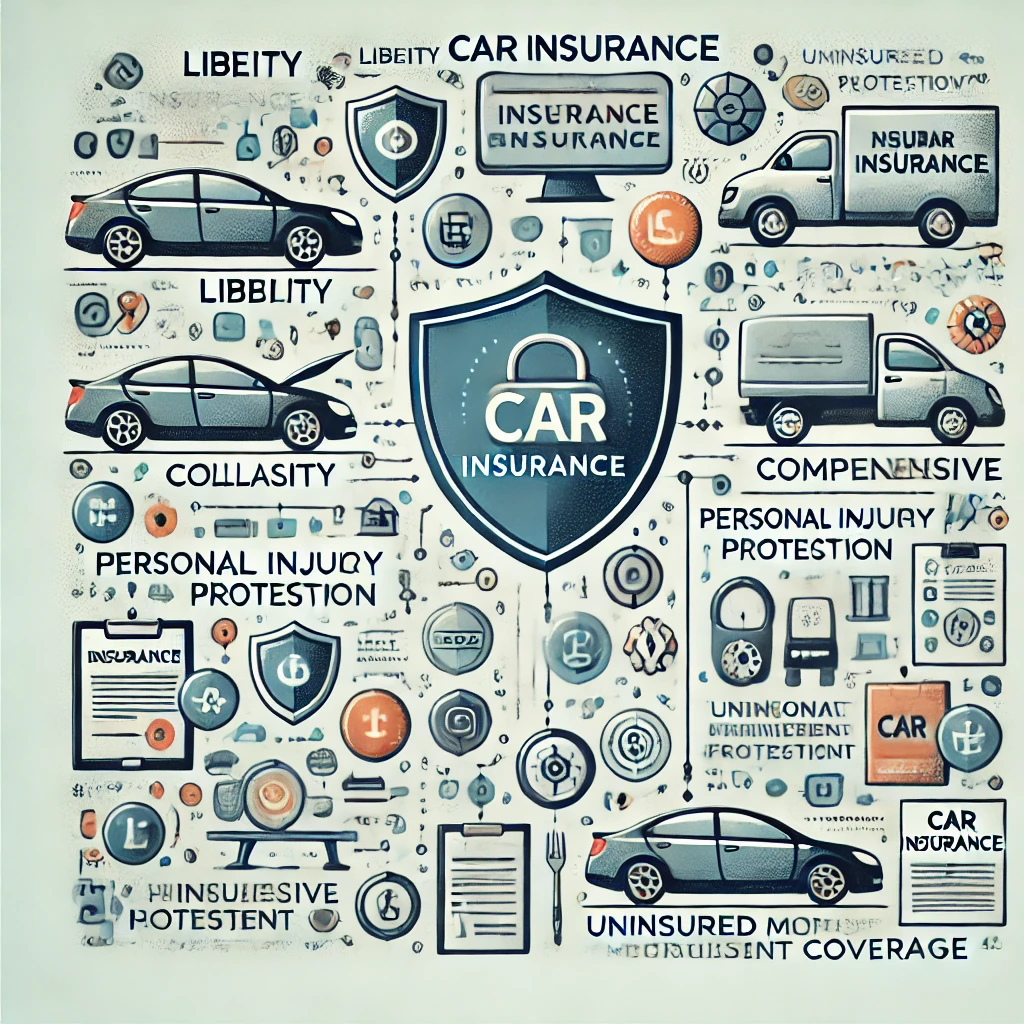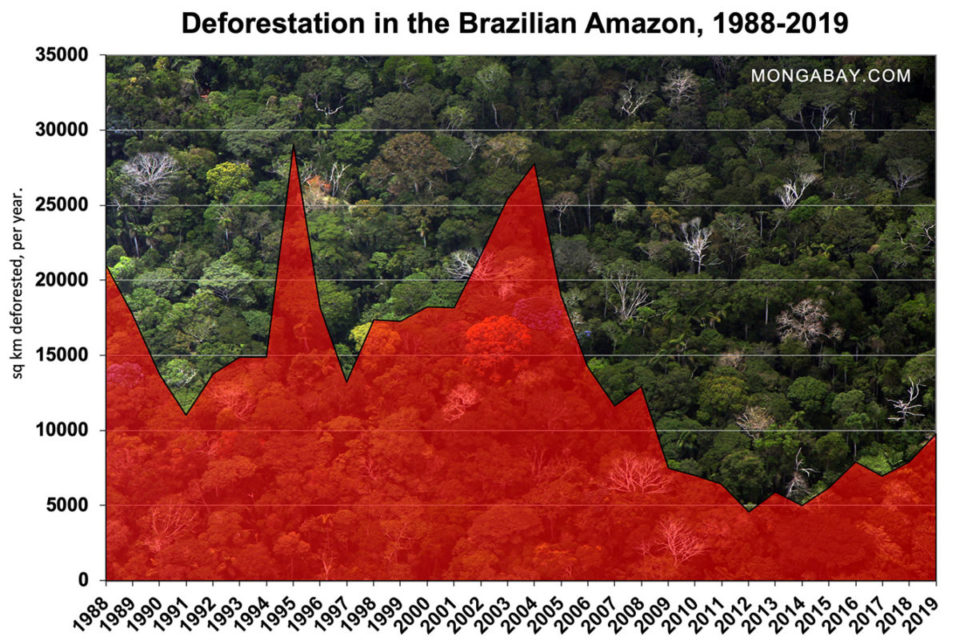Car insurance is a crucial aspect of owning and operating a vehicle. It provides financial protection against various risks, including accidents, theft, and damages. This comprehensive guide will explore the key components of car insurance, the types of coverage available, and tips to find the best policy for your needs.
Why Car Insurance is Essential
Car insurance is not just a legal requirement in most places; it’s also a smart financial decision. It helps mitigate the costs associated with accidents, repairs, and medical expenses. Here are some primary reasons why car insurance is essential:
- Legal Requirement: In many regions, having at least basic car insurance is mandatory. Driving without insurance can result in hefty fines, license suspension, or even jail time.
- Financial Protection: Accidents can be costly. Car insurance helps cover the costs of repairs, medical bills, and legal fees.
- Peace of Mind: Knowing that you are financially protected in case of an accident allows you to drive with confidence and peace of mind.
Types of Car Insurance Coverage
Car insurance policies can vary widely, but they generally fall into a few main categories. Understanding these types of coverage can help you choose the best policy for your needs.
1. Liability Insurance
Liability insurance covers damages and injuries you cause to others in an accident. It typically includes two components:
- Bodily Injury Liability (BIL): Covers medical expenses, lost wages, and legal fees if you injure someone in an accident.
- Property Damage Liability (PDL): Covers the cost of repairing or replacing another person’s property damaged in an accident.
2. Collision Insurance
Collision insurance covers the cost of repairing or replacing your vehicle if it’s damaged in a collision, regardless of who is at fault. This type of coverage is especially important if you have a newer or more expensive car.
3. Comprehensive Insurance
Comprehensive insurance covers damages to your vehicle that are not caused by collisions, such as theft, vandalism, natural disasters, and hitting an animal. It provides broader protection for various risks your car may face.
4. Personal Injury Protection (PIP)
PIP, also known as no-fault insurance, covers medical expenses and lost wages for you and your passengers, regardless of who is at fault in an accident. This type of coverage is required in some states.
5. Uninsured/Underinsured Motorist Coverage
This coverage protects you if you are involved in an accident with a driver who has no insurance or insufficient insurance. It helps cover medical expenses and property damage that the other driver’s insurance would have covered.
Factors Affecting Car Insurance Rates
Several factors influence the cost of car insurance. Understanding these factors can help you find ways to lower your premiums.
1. Driving Record
A clean driving record with no accidents or traffic violations can result in lower insurance premiums. Conversely, a history of accidents or violations can increase your rates.
2. Age and Gender
Young drivers, especially males under 25, typically pay higher insurance premiums due to their higher risk of accidents. Older, more experienced drivers usually benefit from lower rates.
3. Vehicle Type
The make, model, and year of your vehicle can affect your insurance rates. High-performance or luxury vehicles often have higher premiums due to their higher repair costs and theft rates.
4. Location
Where you live can impact your insurance rates. Urban areas with higher traffic and crime rates generally have higher premiums than rural areas.
5. Credit Score
In some regions, insurers use credit scores to help determine premiums. A higher credit score can lead to lower rates, as it’s often associated with responsible financial behavior.
Tips for Finding the Best Car Insurance Policy
Finding the right car insurance policy involves more than just comparing prices. Here are some tips to help you choose the best coverage for your needs:
1. Shop Around
Compare quotes from multiple insurance providers to find the best rates and coverage options. Online comparison tools can make this process easier and more efficient.
2. Bundle Policies
Consider bundling your car insurance with other policies, such as home or renters insurance, to receive discounts from your insurer.
3. Increase Deductibles
Raising your deductibles can lower your premiums. Just ensure that you can afford to pay the higher deductible in case of a claim.
4. Look for Discounts
Many insurers offer discounts for various reasons, such as having a good driving record, being a safe driver, installing anti-theft devices, or completing a defensive driving course. Ask your insurer about available discounts.
5. Review Your Coverage Regularly
Your insurance needs can change over time. Review your policy annually or after major life events to ensure you have the right coverage at the best price.
Car insurance is a vital aspect of vehicle ownership that provides essential financial protection. By understanding the different types of coverage, factors affecting rates, and tips for finding the best policy, you can make informed decisions to protect yourself and your vehicle. Remember to shop around, take advantage of discounts, and regularly review your coverage to ensure you have the best car insurance for your needs.
This guide aims to help you navigate the complex world of car insurance and make the be




